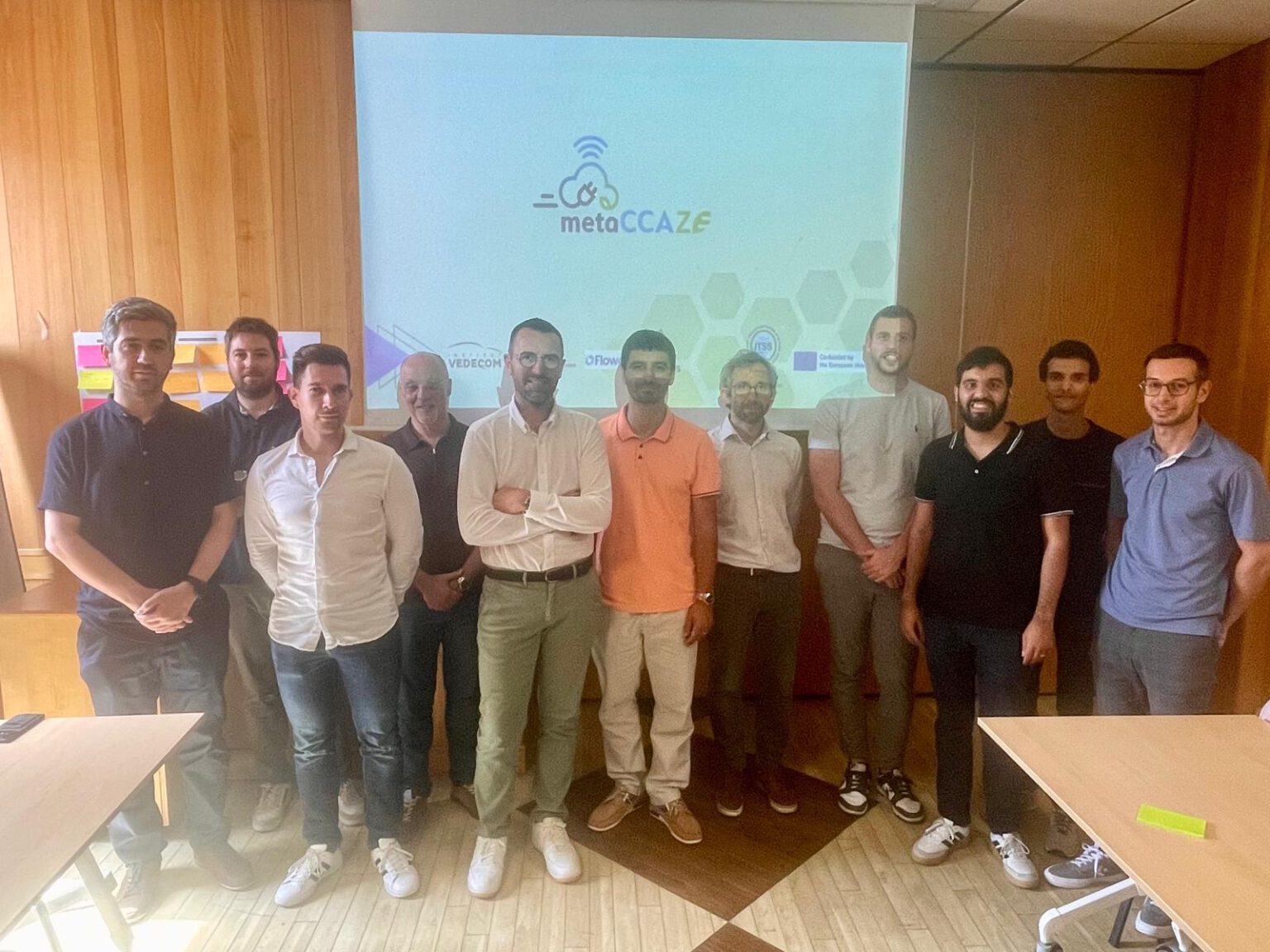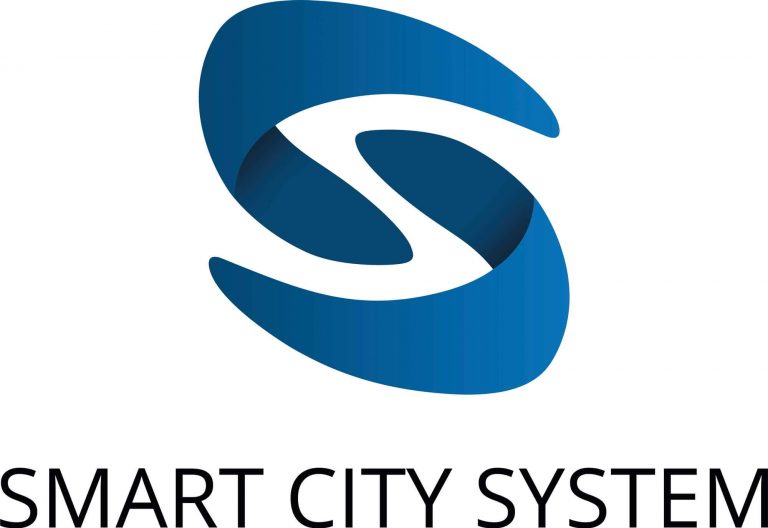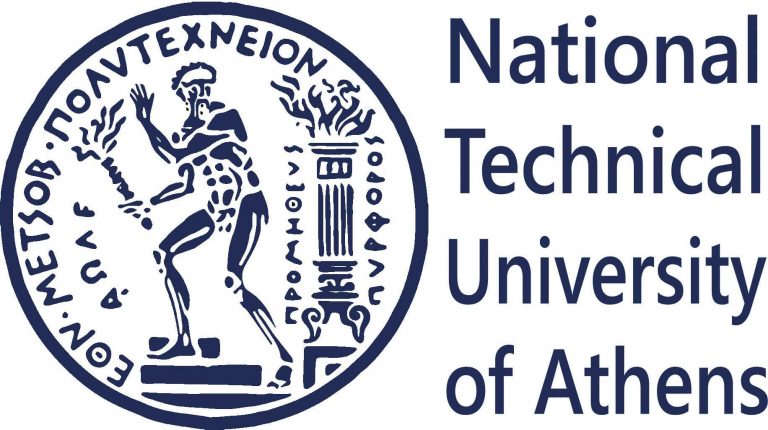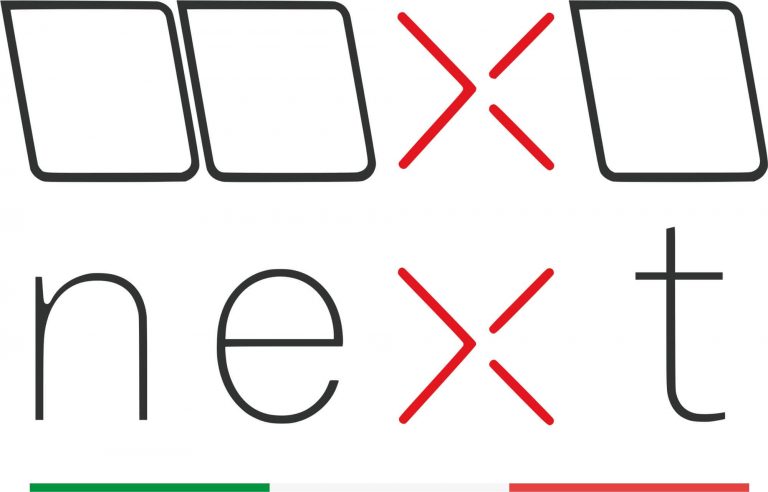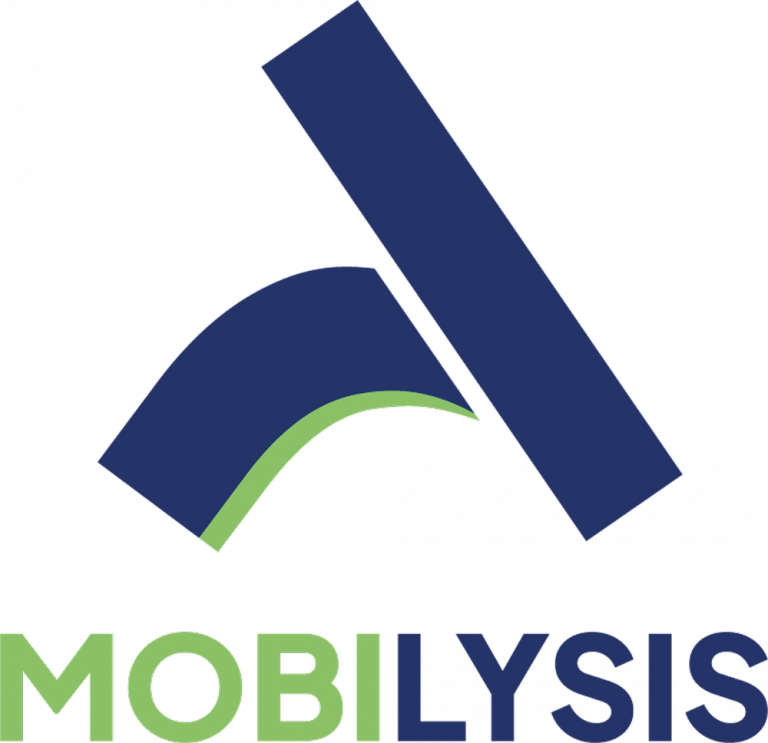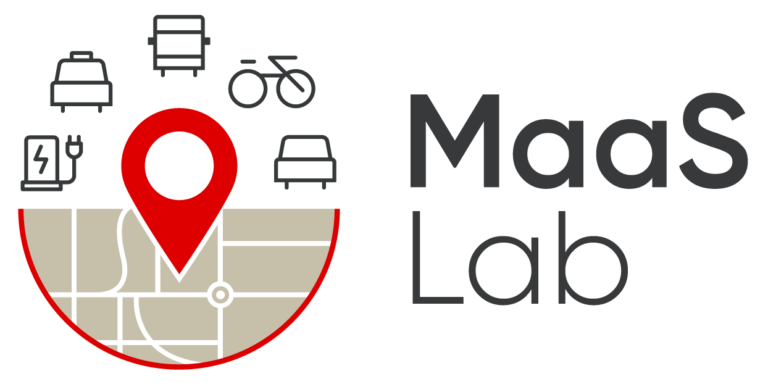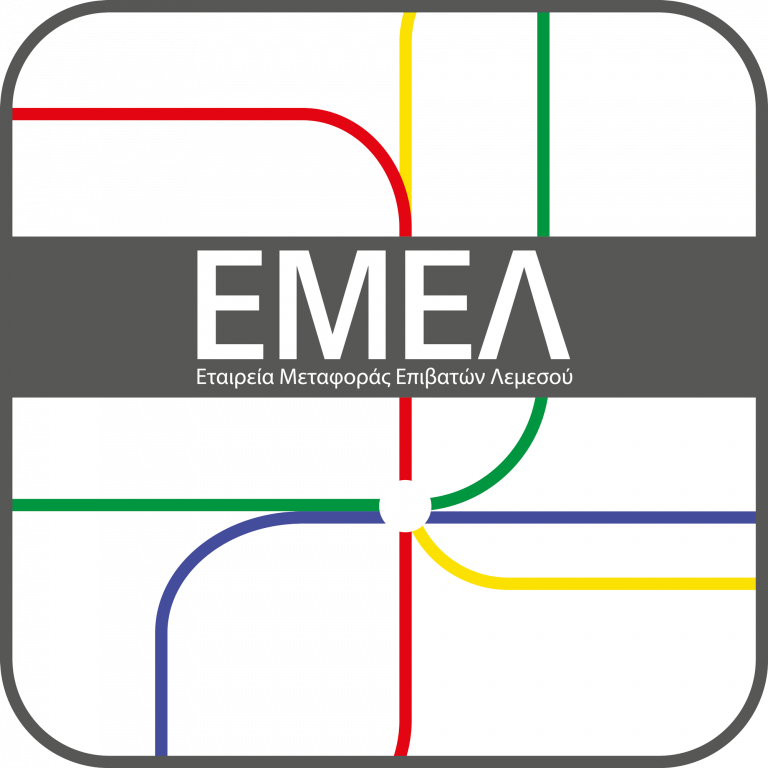A diverse group of stakeholders representing the Île-de-France mobility ecosystem gathered in Poissy Town Hall on July 18, 2025, for a workshop organised by the metaCCAZE project together with Department Yvelines and VEDECOM. This workshop represented a step forward in the co-design of a multi-modal smart traffic management system within the framework of a digital mobility hub in the department.
The event cantered around two critical Use Cases currently under development:
- UC01: Focuses on intelligent traffic and road management systems powered by connected and shared mobility solutions. By leveraging V2X technologies, cameras, sensors, and drones, UC01 aims to enable real-time traffic supervision through machine learning model, ultimately supporting the deployment of digitally managed mobility hubs, smart parking systems and intelligent traffic management.
- UC02: Examines the practical integration of a digital mobility hub through the lens of a VEDECOM-operated EV-based carpooling service. The use case assesses how such a service can be embedded into the existing physical and digital infrastructure of two key mobility hubs in the department – Gare de Poissy and Gare de Triel-sur-Seine – with the goal of integrating mobility data producers, reducing congestion, and aligning with local circumstances and operational schedules of public transport systems including train and bus services
Participants included representatives from Ville de Poissy, Île-de-France Mobilités (IDFM), Grand Paris Seine et Oise (GPSEO), Seine et Yvelines Voirie, as well as the Department of Yvelines, VEDECOM, and Mobylisis. They contributed to validating not only the feasibility of the digital components of the mobility hub but also its physical and democratic integration. Discussions addressed how digital tools can improve the management of both digital and physical infrastructure. Participants also explored physical integration to support intermodality, and democratic integration through inclusive governance and participatory design to ensure the system meets the diverse needs of users and citizens. Group discussions were structured around several key themes as well: stakeholder potential interaction with these solutions, potential roles, operational challenges, business model components, financial and non-financial cost implications, service-oriented strategies, and data-sharing policies and constraints. The French project team is now focused on leveraging these insights to advance the implementation of the solutions; positioning Île-de-France and particularly department Yvelines (the Living Lab) as a leader in future-ready, integrated digital and smart mobility hub solutions.
More about our Follower City Yvelines Poissy, Paris
Poissy, part of the Paris region, is building on its existing mobility hub network—shared with Carrières-sous-Poissy and Triel-sur-Seine—the city is exploring automation, smart infrastructure, and vehicle-to-infrastructure connectivity. Through co-creation and local adaptation of solutions from the Trailblazer Cities, Poissy contributes to the project’s goal of scaling sustainable, shared, and zero-emission mobility across Europe. Learn more here.
